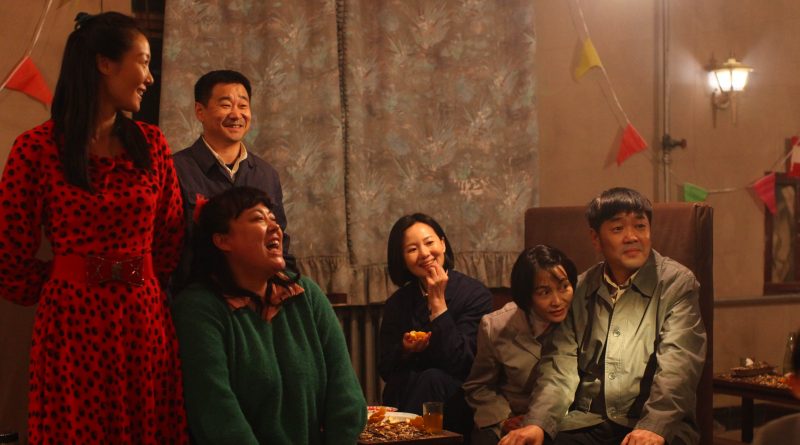The top 10 movies of 2020 in Southeast Asia – from an editors perspective
Southeast Asian talents have left an indelible mark in 2019. Fans of Asian cinema have spread globally and are in glee to see returning filmmakers who were on lengthy hiatus, to conquer our hearts with their pet projects. Amongst the returners, bold fledglings of the industry are emerging to showcase their ingenuity with their personalized touch into films.
A variety to look out for, however, the list compiled has made waves with fans, fanbase, and newly-acquired fans. Morsels of goodies are awaiting to feed our entertainment hunger. Nothing below this script is restricted to a particular palette as 10 of them have savored our tastebuds sumptuously. We kept an eye on them when the word got out and the movies haven’t disappointed!
So with that said, gander at some of the films we were brimming with joy and had our eyes glued to the screens in 2019!
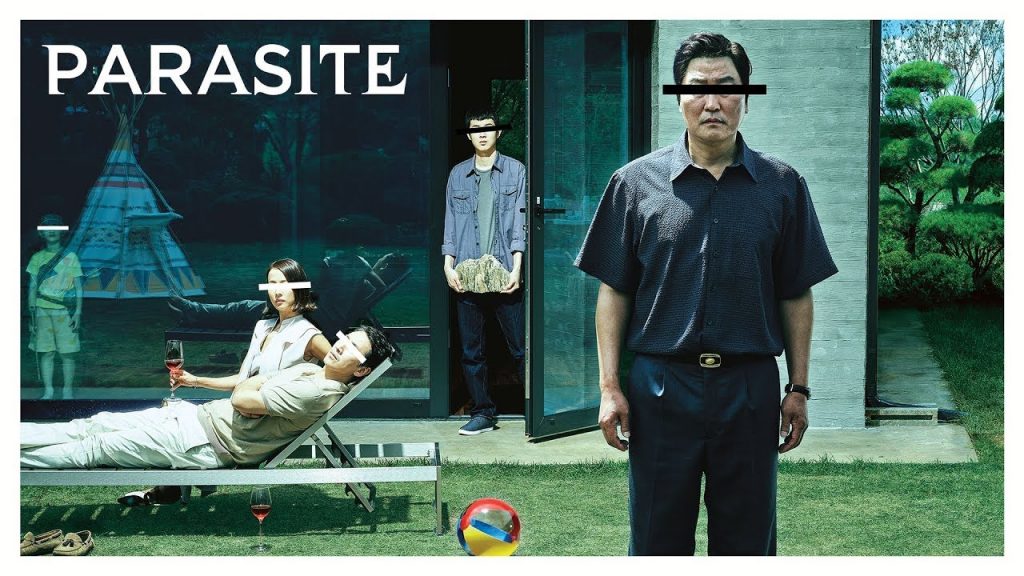
Parasite
To say it’s a family movie according to South Korean filmmaker, Bong Joon-ho is truly an understatement, based on the title. But stating it as an R-rated family movie is a testimony to Bong’s filmography, especially, who are familiar with his critically-acclaimed work of the past.
The filmmaker implements his unique talents to traverse the gap of the relationship between the rich and working poor. The movie delves into the life of the Kim family, consisting of a dad, mother, and two adult children, dwelling in a small semi-based apartment and struggling to make ends meet. When the son, Ki-Tae, was offered a tutor job for the well-established Park family, the whole family slithers their way into employment in the Park’s household. It appears all gravy at first; however, things take a weird turn.
The characters’ interactions with other characters stage the consistent and tangible tension that lurks under the surface that is catapulted forward remarkably and horrifyingly. Bong is lauded as an artisan by bringing forth the stunning visuals through his nuance or high-concept. The audience can observe the dissimilarities of the economic class from the view of the downtrodden nature of the outside world through the submerged window, in contrast to, the scenic open spaces of the Park’s backyard.
This film will leave you digesting for a while and reminds us of the unique charm of what Korean filmmaking has to offer.
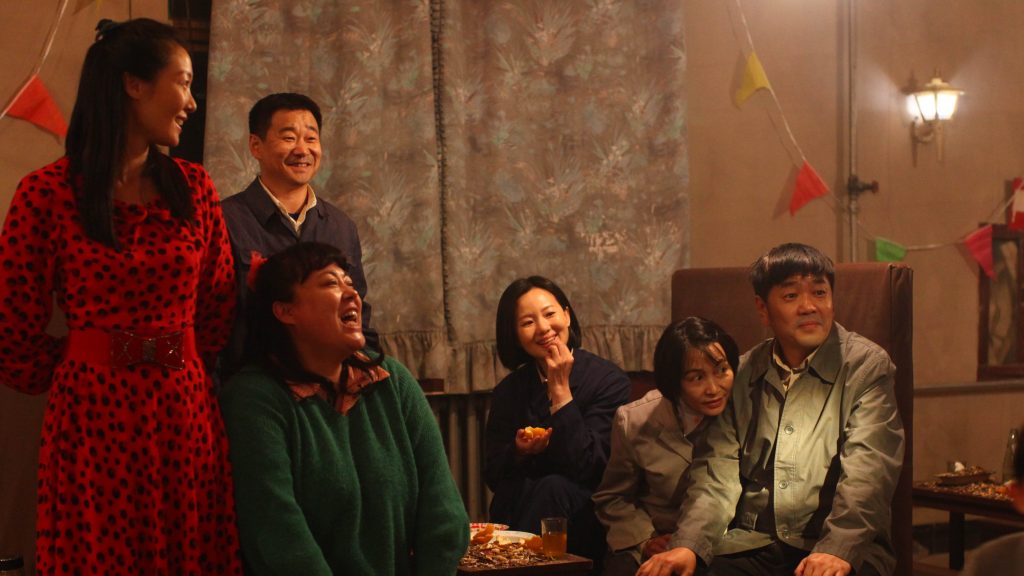
So long, my son
Speaking about digestion from our last review, this film might not be the easiest to take in. Not because of the runtime length being short of the three-hour mark, but because of the impact of the tragedy spread across the multigenerational story in China. The interconnected family tale showcased in this film bears the decades of social and economic change in China with melancholia and desolation from all corners.
The portrayal appears in a non-linear fashion going back and forth between eras from the 80s to the present with plenty of sub-plots. However, the primary story revolves around a couple that is unable to move forward from the death of their son and issues with their adopted son. All the while, getting acquainted with a new neighborhood where they are not familiar with the dialect. The couple played by Wang Jingchun and Yong Mei are particularly outstanding in acting out to three different lifetimes.
The director, Wang Xiaoshua, didn’t want to sensationalize the condition of the working class or depict a political film. But, he wanted to represent the effects of the transitional periods over time. Through his observational approach, the 1980s period of socio-economic changes in China shows the ripple effects of the event on many lives.
Best known for films like Beijing Bicycle (2001) and Drifters (2003), the cinematography wide shots of “So long, my son” captures the melancholy of lifetimes and allows character exploration. The runtime could have been trimmed around a few parts but permitting the film the space for character and story development over an extended period produces a special entity.
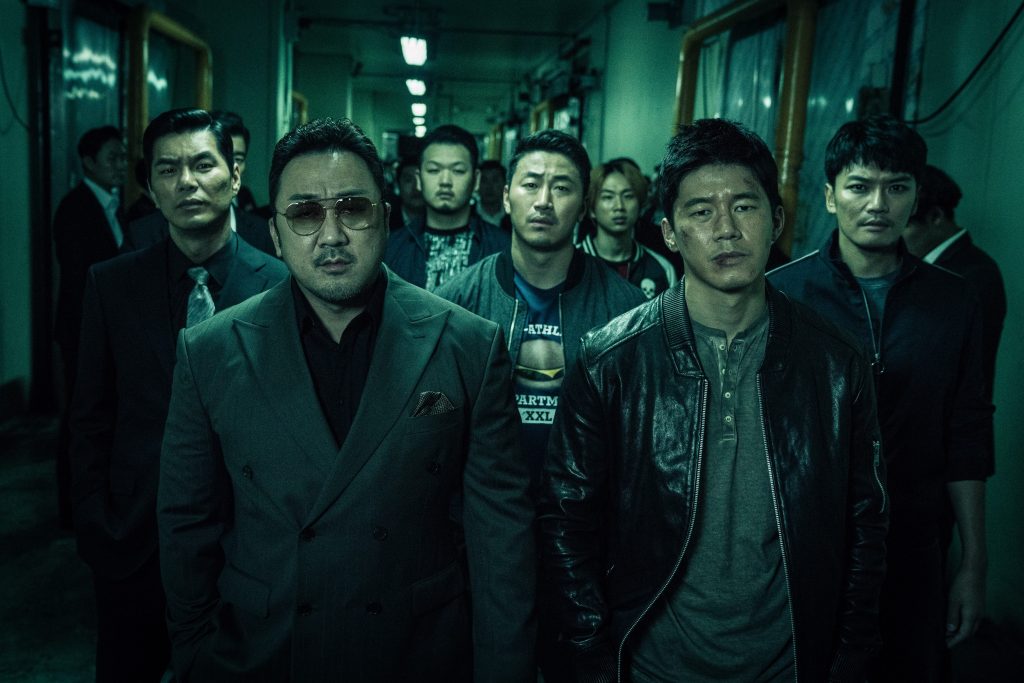
The gangster, the cop, the devil
This sharply contemporary thriller piece is a sprinkle of Se7en (1995) and a dollop of Heat (1995), packed with twists, solid performances, and impressive action. A race against time tale for a hothead detective and a mob boss working together to catch a serial killer. The chemistry of an unlikely pair with the change of heart mob boss and the charismatic anti-hero cop delivers a modern refreshing take that pays homage to the classic mystery movies of the 90s.
Detective Jung Tae-Seok believes there is a connection with murders of businessmen in the city and so, works with the only lead of mob boss Jang Dong-Soo, who survived the attempted homicide. Thus, the detective puts his differences aside to catch the serial killer with the help of the attempted homicide survivor.
The backdrop of the story takes place around the 2000s when gangs ruled the streets, furthermore, it is allegedly based on a true story but the throwback of mystery tales is very ever-present in the movie. Coming off from 2017’s period piece, Man of Will, director, Lee Won-Tae, gives us a quasi-period piece that is engaging and entertaining from all fronts and angles. The finale may have ended far too conveniently; however, the overall execution is something to savor for.
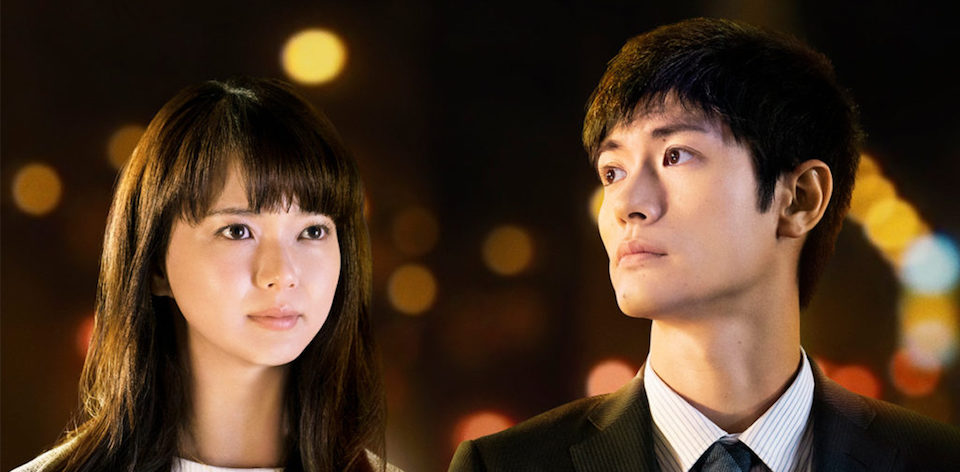
Little nights, little love
Based on the short story collection, this is a multi-layered narrative with little stories through little vignettes of each character. Various characters’ lives intersect at various points which serve as a small hyperlinked narrative. Moreover, the film demonstrates the mutuality and common attributes among the characters’ experiences.
Continuing with the theme of common, the filmmaker, Rikiya Imaizumi, spotlights people placing priority on extrinsic rituals and events that lead to their joy. The movie is winning the hearts of many audiences including the film festival circuits.
You can’t help but feel about the big questions the film poses. The questions involving expectation against reality and being dealt with the cards given are presented in a charming and yet, delightful narrative. Also, can’t help in relating in so many levels, plus, the catchy theme song, penned by Singer-songwriter Kazuyoshi Saito, will surely leave a significant mark.
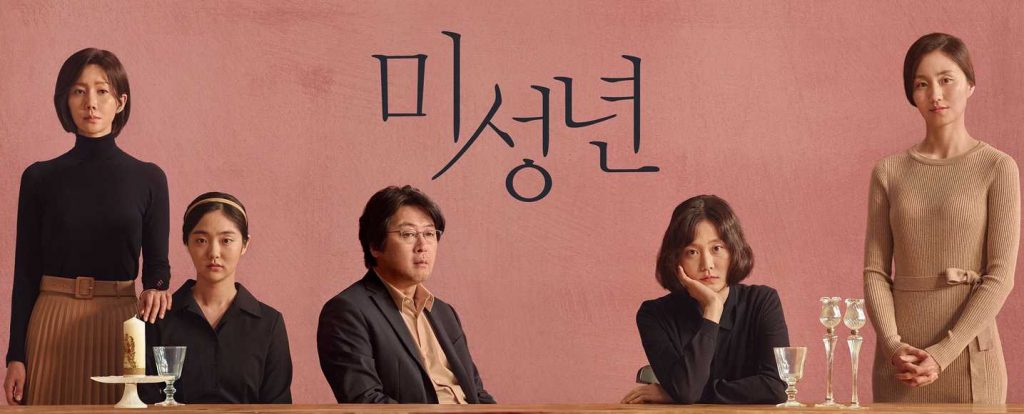
Another child
A surprise entry in this list since the filmmaker has an acting career before this project which was his directorial debut.
Having received recognition from films like The Chaser (2008) and 1987: When the Day Comes (2018), it is truly worth noting his critical praise behind the camera.
The story follows two high school students, Joo-Ri and Yoon-A, who normally wouldn’t hang around the same social circle, discover an affair between their parents and team up to work together. The two young leads’ performances carry the film and making it eloquent yet emotional. They feed off from their strong bond when they attempt to parent their parents since their parents are incapable of parenting. Despite having nothing in common per se, their bond proves to be fierce and profound.
Director Kim Yun-Seok put sole importance on the characters’ viewpoints in an intimate fashion rather than stylish visual storytelling. The coming of age story has crafted the characters’ nuances without sacrificing the melodrama. If it is any indication of this film, it seems that the multiple awarded performer, Kim Yun-Seok, has established himself as a triple threat in the Korean movie industry.
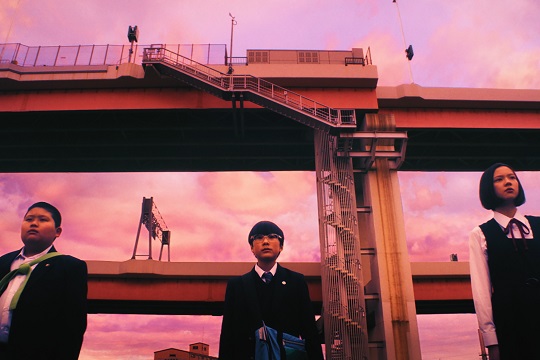
We Are Little Zombies
When Makoto Nagahisa left our expectations simmering in our heads after he said he was, “working on an even more energetic feature film”, he dished out a visual delight with an ingenious narrative. The film focuses on the gonzo journeys of four poker-faced Japanese teenagers that collaborate to form a band following the similar fate of being orphans. With all of them having a mutual lack of emotion, they journey through their grief in the fashion of adventuring in a video game, clocking each stage with the movie implementing an 8-bit aesthetic.
The 8-bit aesthetic seems oddly weird when experiencing bereavement, however, with the film’s pulsating, hyper-fast pace, and psychedelic appeal, it somehow interprets an insight into the mourning process. Like a video game consisting of many levels, the movie expresses many things in many different ways about one theme.
Scenes bounce around from dark comedy to adventure to eclectic musical to satire to melancholy but it remains emotionally coherent. Nevertheless, it is profoundly moving to see the teenagers’ ability in finding strength in each other and coming out of tragedy by the healing power of explosive pop-punk.
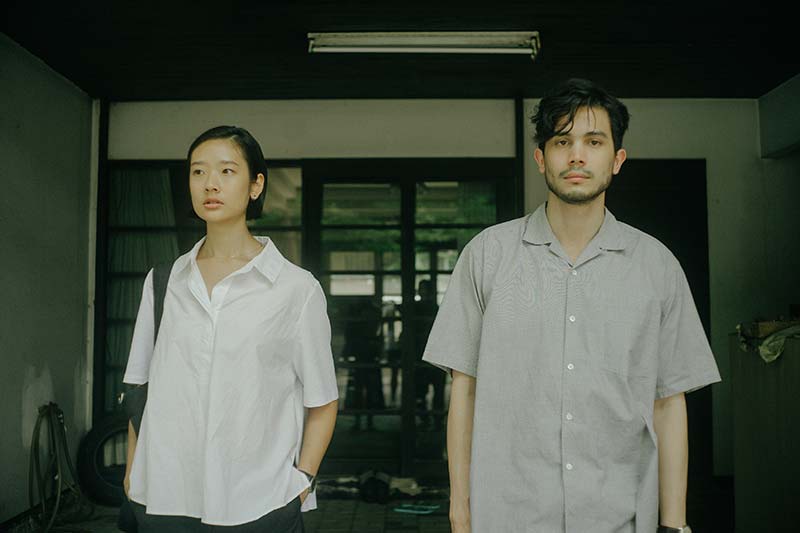
Happy Old Year
One of the most anticipated Thai movies in 2019 turned out to be a gem and renowned blockbuster director, Nawapol Thamrongrattanarit, who left no gem unturned with this one. We observe Jean, who returns to Bangkok after three years in Sweden in the scope of turning over a new leaf professionally. After clearing out unimportant clutter to make an office space at home, the story picks up when Jean unearths a few items belonging to her friends as she undergoes a nostalgic self-reflective journey when she returns the items to the rightful owners.
While on her journey, she goes through some unpleasantries, realizes her father’s departure from the family; has influenced her as an individual, and contemplates the fact that her need to get rid of things triggers an emotional response. Her cold and emotionally inert nature which even appeared a bit sociopathic through her actions, somehow, sparked joy among the audience. That is a credit to the remarkable performance of Chutimon Chuengcharoensukying who plays Jean.
The final shot was chosen by Nawapol on how to end the film provided a haunting glimpse of tragic self-realization and the character’s search for a meaningful meaning.
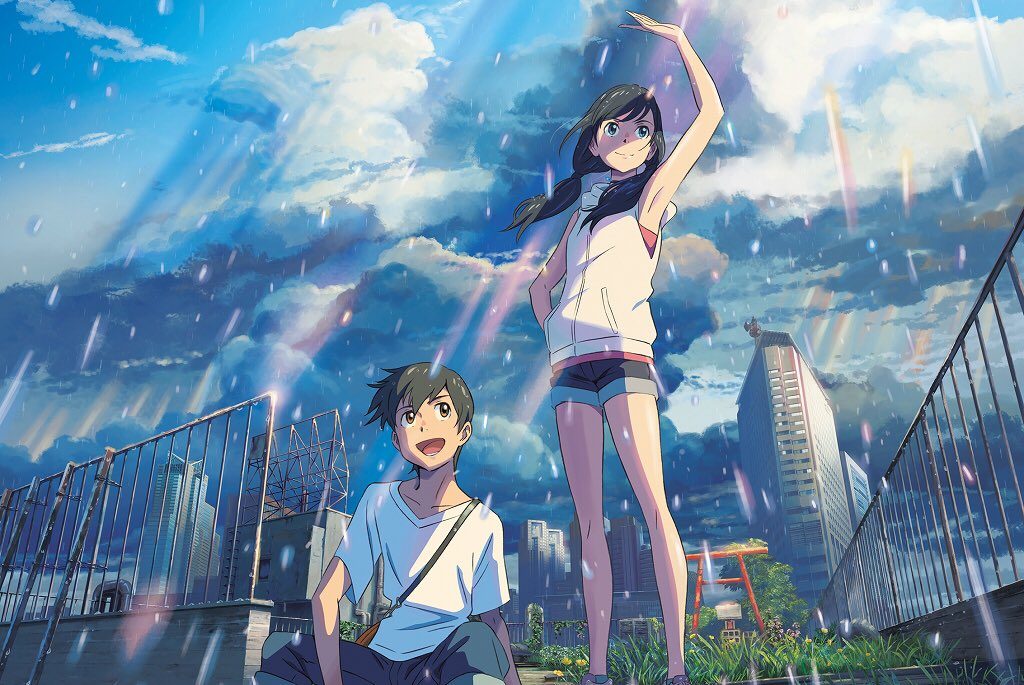
Weathering with you
Here is an offbeat entry in our list as this animation presents the themes of love and hope that are the forefront of many Southeast Asian cinemas. So, it is no different for this animation spectacle that epitomizes harmony. The romantic sci-fi anime gained a name for it and became one of the highest-grossing anime films in Japanese film history, beating out the ever so acclaimed Spirited Away.
The movie tells us a story of a boy, Hodaka Morishima, who arrives in Tokyo penniless where he encounters a girl, Hina Amano, with the ability to control the weather and make the skies blue. The voice lead actors are so grounded that it is impossible to not notice the realism. The film covers issues of how vulnerable teenagers face ostracism and threats lurking around. Concurrently, the protagonist takes the bull by the horns on the lack of guardianship, violence, and environmental change.
The animation team encapsulated the authenticity of the Tokyo skyline and created a real-life world that occurs in crossing over with ancient folklore. The real and unreal are in mishmash but doesn’t appear desensitizing. Rather, it is staggeringly attractive in each location of the story.
The whole animated ensemble weaves elements of science fiction and romance which gives out a polished package. The picturesque visuals emphasize the magical realism and you can’t help but wonder at the marvel of animated beauty.

Fagara
The title of the film touches on the Sichuan pepper as the key ingredient of the late patriarch character’s hotpot recipe and the restaurant establishment. The latter is where the lead characters who are sisters bond often in the movie. This adaption of Amy Cheung’s 2011 novel Spicy Love, accompanies our main lead, Acacia, in finding out she has two sisters following the demise of her father.
This cinematic piece encompasses a typical family’s diverse forms and the battle to search for integration during critical circumstances. Writer and director extraordinaire, Heiward Mak, scripted the female characters like he has known them closely in all this time. Witnessing the strong female bonding on-screen with a different lens exuded maturity in the story development. Not forgetting the writer/director gave a dash of unexpected humor where it was least expected.
The light soft-hearted musical score spearheads the tone steadily throughout with the grace of the distinguished cinematography. Unlike other drama pieces, this is a sublime character-based drama that doesn’t fall into the pitfalls of your stereotypical misty-eyed and soppy family chronicle.
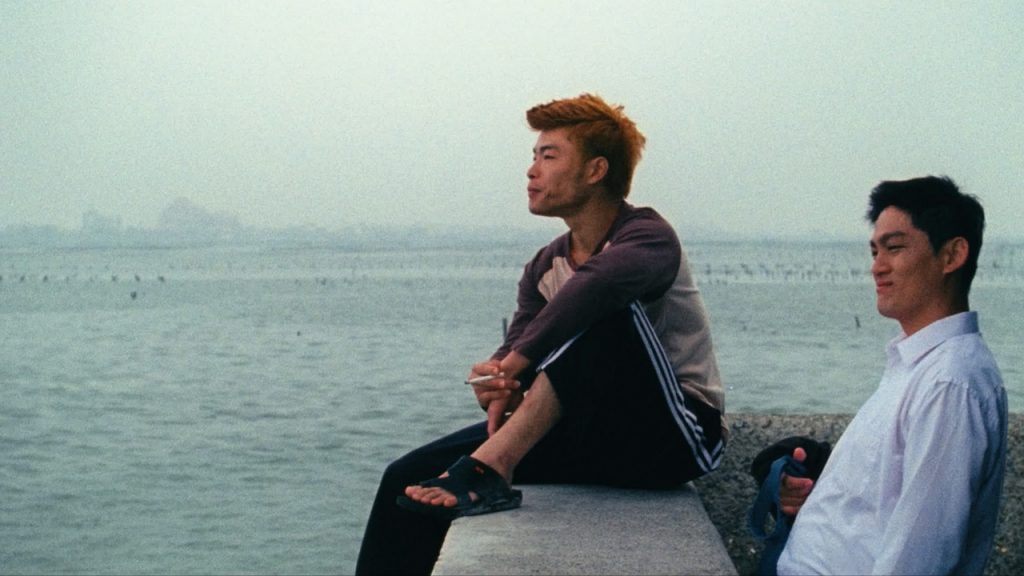
Ohong village
We end the list with a poignant lifecycle where the characters are stuck between the frenetic city and the humble countryside. Especially, for those who are estranged from their main homeland. We experience the protagonist’s event of seeking a home that he can’t return. Family tension escalates when the protagonist, Sheng-Jii, comes back after decades to his village in the guise of being successful and has a confrontation with his father about his current status.
The tension between generations is laid out literally for the audience to see on varying perceptions of wealth and most crucially, self-worth. Applying the stark details with intimacy through the 16mm provides the documentary style to the movie production. Cinematography catches striking aura of the nightlife with the glow that meshes the discerning specks of the night sky.
Ohong village signifies the subtleties of generational gaps, carrying the family name, and making amends with the past. This is a glimpse into introspection and meditation of our orientation.

The finish line
The burgeoning Southeast Asian film industry is generating a lot of rave reviews and critical praise for their propensity to be noticed. Pleasing and satisfying by pushing the genre boundary ceiling through symbolism and imagination has also pushed us to view and ponder issues distinctively. The filmmakers continue and persist in bending and blending techniques, so, it is difficult to ignore the attention they are attaining. Surprises are aplenty ahead for the next year; hence, this will not be the last we see from this multifaceted industry. The countdown to blowing our expectations starts from now.
